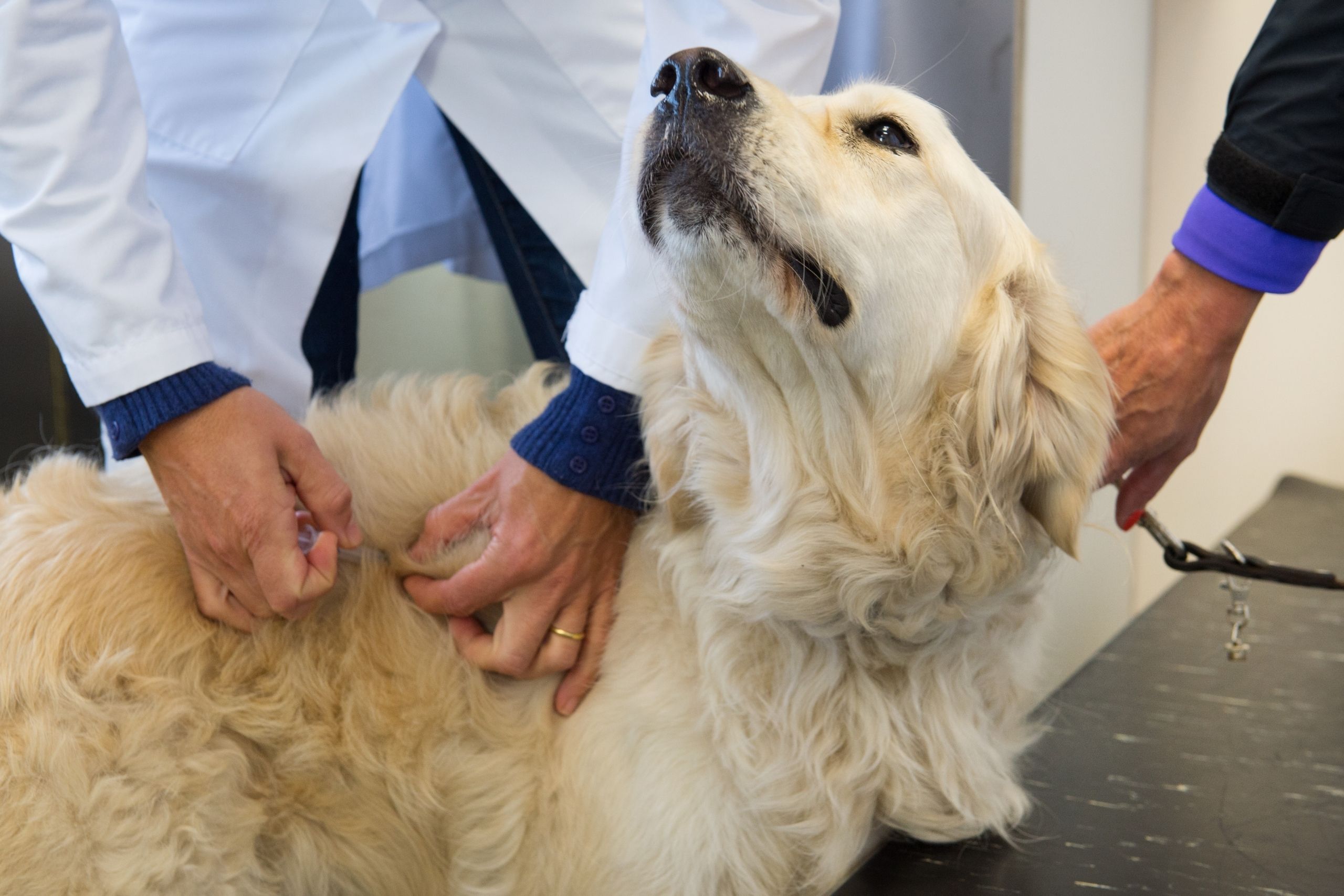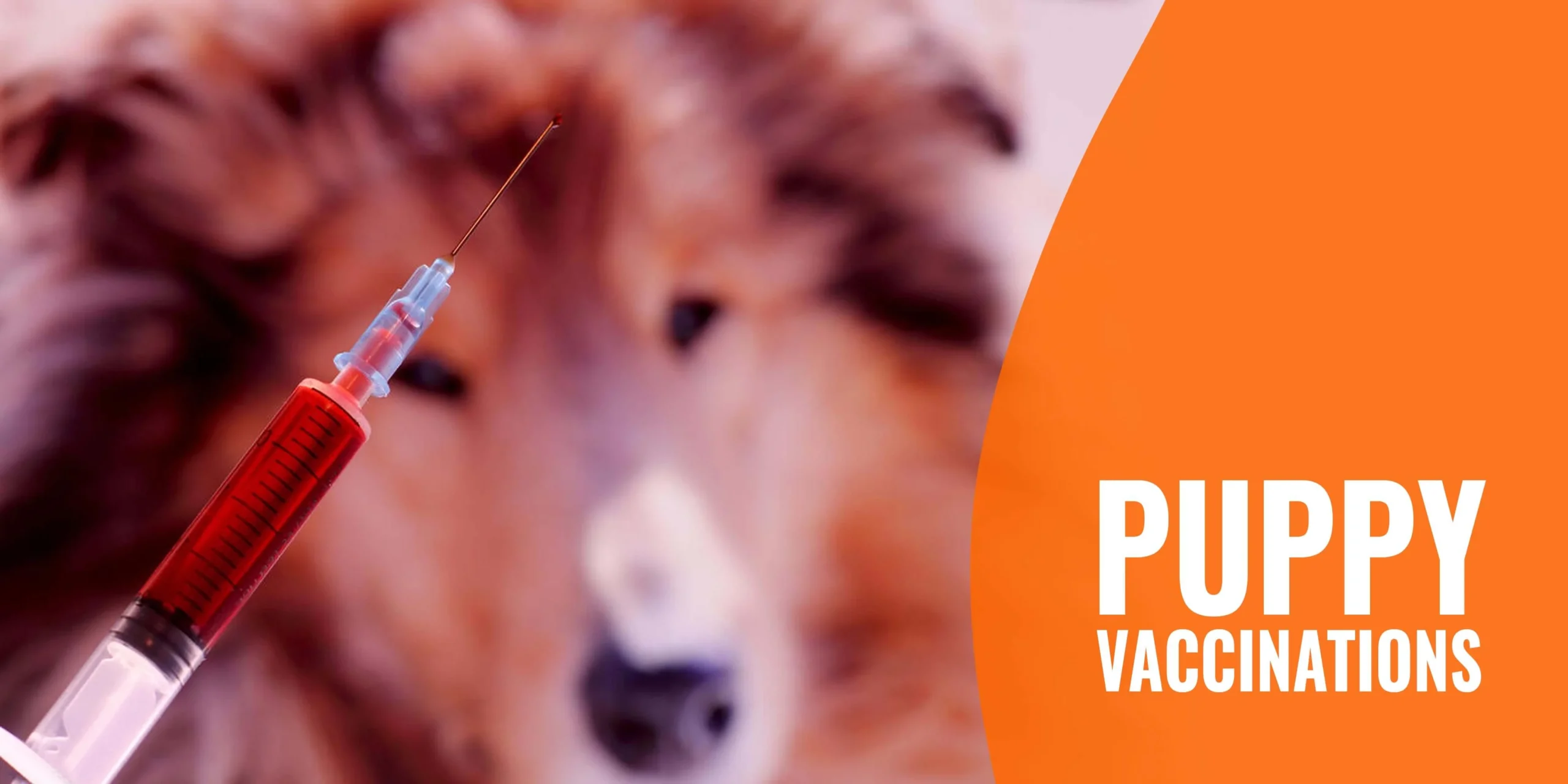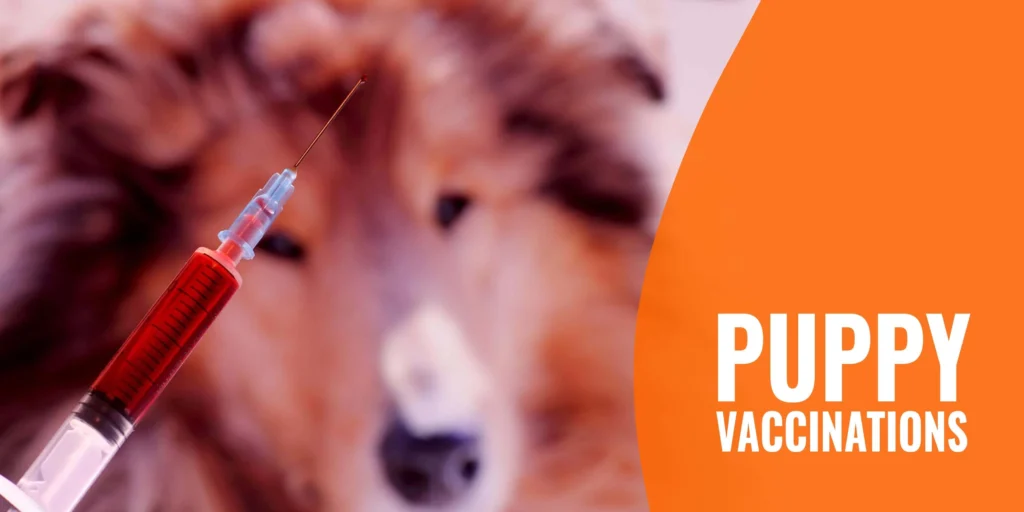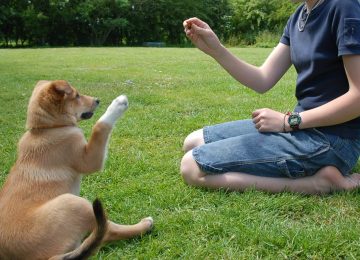Fall is here, and that means it’s time for your pet to get a little more attention. With the changing of seasons, comes the chance for illness. This can be especially dangerous if you have pets with certain conditions or are otherwise susceptible. It’s best to keep these health hazards at bay before they become an issue. So if want your pet to be safe and free from infections. Then it is a must option to choose the vaccine. However the current time, people are not having much free time, so the best way can be to book dog vaccines online. It is the best option available in the market and gets the best control over the vaccine things without many issues and challenges.
It’s not just humans who suffer during the fall season, but also their four-legged friends. Pets may experience seasonal allergies, colds, coughs, flus, skin issues, and other maladies. If you’re aware of what seasonal changes could mean for your furry friend, you’ll be able to take precautions before problems occur. Here are some tips to look out for when autumn rolls around.
Allergies
If you notice your dog scratching his ears, sniffling, sneezing, or coughing, it could be allergy season. These symptoms usually appear between September and November. The first sign of an allergic reaction is itching, which leads to swelling, then redness of the affected area.
In addition to the seasonal changes mentioned above, there are several things you should watch out for during this time of year. Your home should be free from dust mites, mold spores, cat dander, and pollen. Be sure to clean carpets regularly and make sure air filters are up to date. Also, consider investing in a dust mask or a respirator. When you walk into your home, you should use a mask or respirator to protect yourself and your family members.
Pollen can be particularly troublesome if you live in a part of the country where pollen counts are high. You should check your weather forecast on a daily basis so you know exactly how many days are expected to see pollen. If you’re taking medications or using over-the-counter remedies, such as antihistamines, consult your doctor before doing anything else. In addition to being mindful about what you do outside, you should keep the inside of your home clean — especially floors — to reduce any airborne contaminants.

Vaccinations
If you haven’t already done so, vaccinate your dog against rabies this season. During the month of September, you should also ensure that all dogs receive vaccinations, including Lyme disease, parvovirus, distemper, hepatitis, and others. It’s important to remember that dogs shouldn’t be vaccinated beyond the age of 12 months without specific approval from your veterinarian if he has suffered from an immune deficiency disorder.
Colds & Flu
The flu virus is very contagious, and many people will develop the flu every year. There are two types of influenza viruses; type A and B. Type A causes most cases of the flu because it spreads easily through respiratory droplets. People infected by influenza often start showing signs within one week after infection. Symptoms include chills, fever, fatigue, muscle aches, sore throat, headache, and coughing.
Type B does not spread nearly as easily through respiratory droplets, however, it does spread well through direct contact. This type of virus is less likely to cause severe illness, but it can still lead to complications, such as pneumonia, bronchitis, sinusitis, ear infections, and conjunctivitis. Signs of type B tend to appear later than those of type A.
If you suspect your dog has been exposed to either virus, you should monitor him closely for symptoms. If signs arise, call your vet immediately. He can prescribe medication to help prevent further transmission to other animals or humans.
Skin Conditions
One of the biggest threats to pets this time of year is sunburn. While you might think that the sun doesn’t shine much in the winter, it does, and it can burn your dog’s paws, legs, ears, tail, and even eyes. To avoid sunburn on your pet, apply sunscreen (or wear sunglasses) each day when going outside, and don’t leave them unattended for long periods of time. Make sure they never go into tall grass or bushes, and if they do, bring them back indoors immediately.

Your dog may also suffer from dry skin or dermatitis, which occurs when their outer layer of skin becomes too dry, leading to inflammation. This condition can affect any animal, human included, but dogs are particularly susceptible. Keep your dog’s coat trimmed short to reduce irritation and encourage healthy hair growth. Bathe them regularly and brush to remove dead and shed hairs.
Fleas & Ticks
These parasites can be hard to spot, especially if they’re hiding under your pet’s fur. Fleas are the most common problem, while ticks can lead to serious diseases like Lyme disease. Fleas can cause red, swollen areas on your pet’s body, while ticks can cause rashes, itchiness, and even paralysis.
You should check your pet for fleas and ticks once per week throughout autumn. Use a flea comb or tick spray to find the pests. If you discover ticks on your dog, clip off the head and remove them carefully, avoiding touching the body.
Diabetes
As your pet ages, he’s at risk for developing diabetes, a chronic condition that requires regular blood sugar checks. Because diabetes can be difficult to diagnose, you should schedule regular appointments with your veterinarian to monitor levels. If you notice your pet acting lethargic or having difficulty breathing, you should seek medical assistance immediately.
Dental Issues
During the fall, your pet’s teeth may begin to grow longer, making it harder for them to chew. That’s why it’s important to brush your pet’s teeth twice a week. Brushing is also important for removing plaque buildup in the gums, which can lead to gum disease. If your pet has a history of dental issues, your veterinarian will recommend toothbrushes specially designed for canine teeth.
Other Considerations
During the cooler months, your pet may need extra bedding or blankets. For example, if you have a Siberian husky, you’ll want to provide additional bedding for its thick double coats. Your pet may also feel the urge to dig holes during the colder months, and you’ll need to bring the hole covered up with soil or sawdust. Finally, if you have a cat with kidney or bladder stones or a dog with spinal cord injuries, you should speak with your vet about proper diet and exercise requirements.
With these tips in mind, you’ll be able to stay safe this fall. And, after all, your pooch deserves it!











